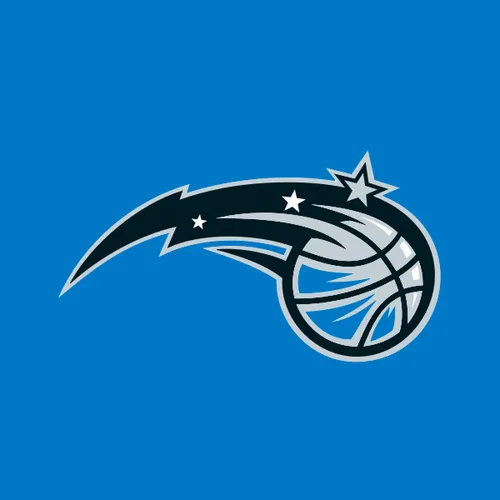







Medicine Jobs in the Sports Industry: A Quick Guide
Introduction
The sports industry has a significant demand for medical professionals dedicated to the health and well-being of athletes. These specialists focus on the prevention, diagnosis, treatment, and rehabilitation of sports-related injuries and illnesses. In this guide, we will explore the world of sports medicine, including the roles of medical professionals, the types of positions available, salary expectations, essential skills, and tips for landing a job in this rewarding field.
The Role of Medicine Professionals in the Sports Industry
Medical professionals in the sports industry play a critical role in ensuring the health and safety of athletes by providing specialized care tailored to their unique needs. They address the physical, psychological, and nutritional aspects of sports performance, with the ultimate goal of helping athletes reach their full potential while minimizing the risk of injury or illness.
Types of Medicine Jobs in the Sports Industry
The sports industry offers a wide range of medical job opportunities, including:
Sports medicine physicians, who diagnose, treat, and help prevent injuries and illnesses related to sports and exercise.
Orthopedic surgeons, who specialize in the surgical treatment of musculoskeletal injuries and conditions commonly seen in athletes.
Physical therapists, who assist athletes in recovering from injuries and returning to peak performance through targeted exercises and therapies.
Athletic trainers, who work closely with athletes to prevent, recognize, and treat injuries, as well as develop and implement rehabilitation programs.
Sports psychologists, who address the mental and emotional aspects of sports performance and help athletes overcome challenges such as stress, anxiety, or lack of confidence.
Salaries in the Medicine Hiring Sector of the Sports Industry
Salaries for medical professionals in the sports industry can vary greatly based on factors such as experience, location, and employer. Entry-level positions, such as athletic trainers or physical therapy assistants, may offer modest compensation. Junior-level professionals, like physical therapists or sports psychologists, can expect higher salaries. Intermediate-level positions, such as experienced sports medicine physicians or orthopedic surgeons, typically command competitive wages. Senior-level professionals, including renowned experts in their field or specialists with extensive experience, can earn lucrative salaries commensurate with their expertise and reputation.
Essential Skills for Success in Sports Medicine
To excel in the sports medicine field, professionals must possess a diverse skill set, including:
Deep knowledge of sports medicine principles, including injury prevention, diagnosis, treatment, and rehabilitation.
Strong communication and interpersonal skills for effective collaboration with athletes, coaches, and other medical professionals.
Critical thinking and problem-solving abilities to accurately assess and address sports-related injuries and illnesses.
Adaptability to stay current with the latest research and best practices in sports medicine.
Compassion and empathy to provide support and guidance to athletes facing physical and emotional challenges.
Tips for Landing a Job in Sports Medicine
Securing a position in the sports medicine sector can be competitive. To increase your chances of success, consider the following tips:
Pursue relevant degrees and certifications in your chosen field, such as a Doctor of Medicine (MD) or Doctor of Osteopathic Medicine (DO) degree with a specialization in sports medicine.
Gain practical experience through internships or part-time positions in sports medicine settings found on Rebound.
Network with industry professionals by attending conferences, joining professional associations, and engaging in online forums and social media.
Tailor your resume and cover letter to emphasize your relevant education, experience, and skills in sports medicine.
Prepare for interviews by researching potential employers, practicing common interview questions, and demonstrating your passion for sports medicine and the sports industry.
Conclusion
The medicine sector of the sports industry offers a diverse range of rewarding career opportunities for those passionate about the health and well-being of athletes. By understanding the various roles, job types, salary expectations, and skills required, you can better position yourself for success in this dynamic field. Remember to invest in your professional development, gain hands-on experience, and build a strong network of contacts. With determination, hard work, and the right approach, you can find your place in the medicine hiring sector of the sports industry and enjoy a fulfilling and impactful career.



























